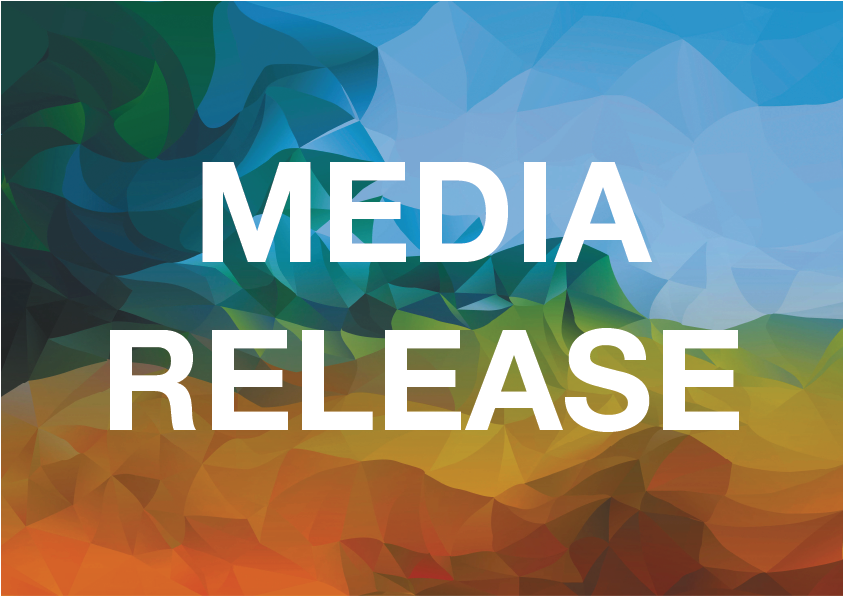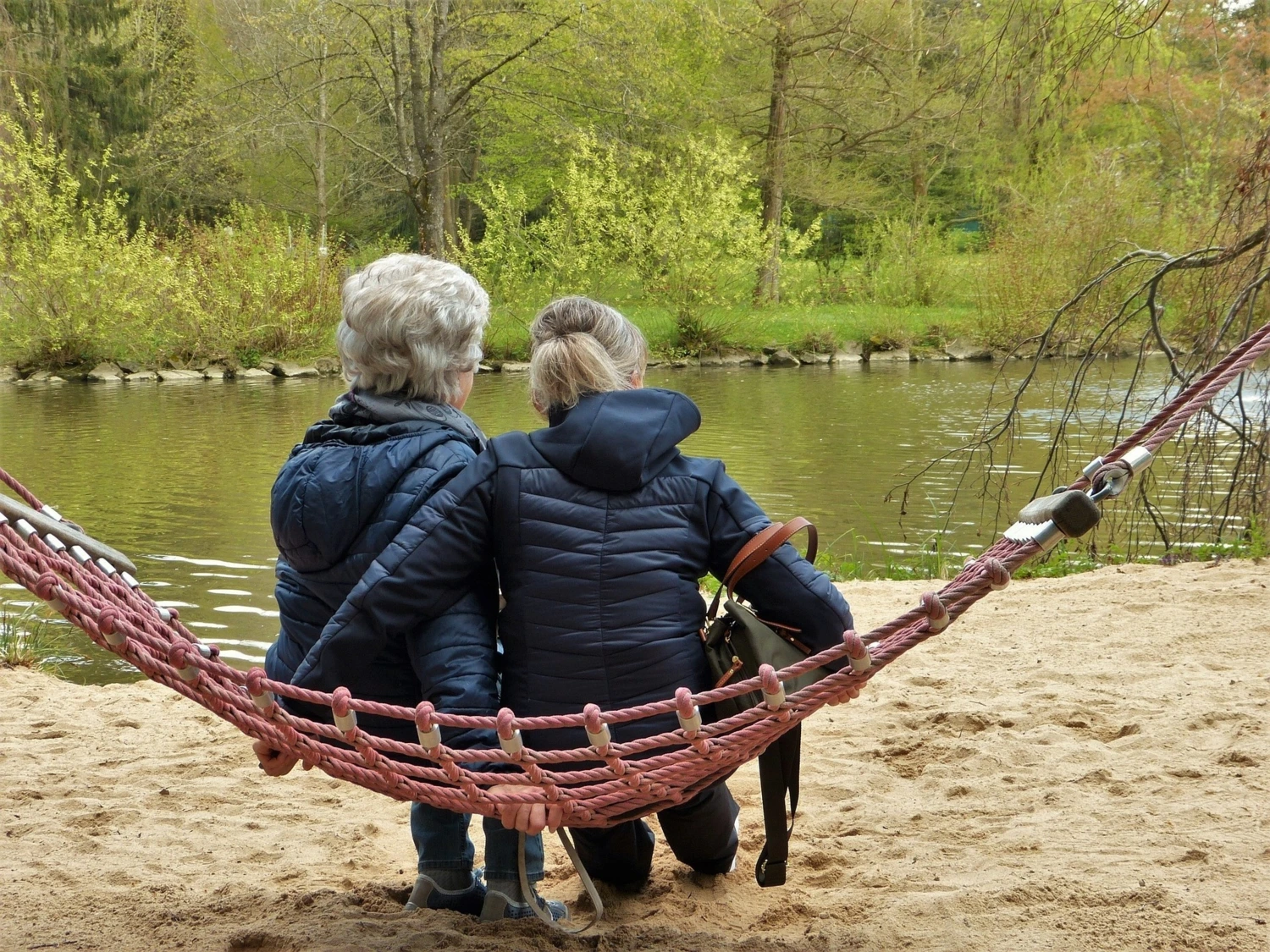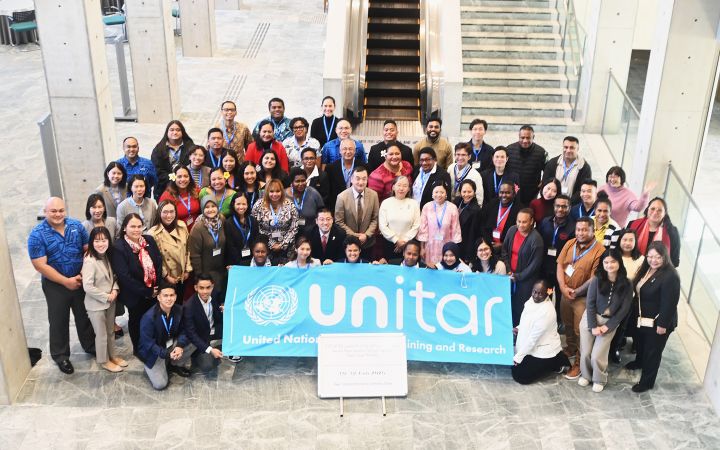Minister for Finance, Minister for Women, Minister for the Public Service, Minister for Government Services
SARAH ABO, HOST: Big changes are on the way for millions of Aussie women, with proposed access to new contraception, IUD bulk-billing and endometriosis clinics. It’s part of Labor’s half-a-billion-dollar pre-election pledge to women’s health. Joining me now is Minister for Women and Finance, Katy Gallagher, live from Canberra. Minister, a very good morning to you. This move is very welcome, we both know that, and for a lot of women there’s relief that you’ve pledged this crucial funding at along last. I guess there is some concern, though, about why this focus on women’s health has taken so long.
SENATOR THE HON KATY GALLAGHER, MINISTER FOR WOMEN: Thanks, Sarah. Thanks for having me on and good morning to you and your viewers. Well, there’s been a lot of work done since we came to government over the last two years. We had, under Ged Kearney, a Women’s Health Advisory Committee, to really identify all the areas where we needed to make further investments in women’s health. And it’s clearly come up to being the areas that we’ve outlined in this package. So, you know, the new oral contraceptive pills being listed on the PBS so people aren’t out of pocket. Better support for GPs so that they are able to provide the consultations needed, particularly for IUDs. And really, in a sense, the whole package – because it covers UTIs and pharmacy and HRT and menopause assessments – is about making the cost cheaper. So, lower costs, more choices, and better services. And I mean, it wasn’t prioritised under the former government, we’ve done two years of work and this really is the package that we think will make a difference to millions of Australians.
ABO: Yeah, and I think key as well is the treatment there for menopause. We know just how much that has gained traction in the community. You mention the Coalition there. They have also pledged their support. As you know, costs can add up with chronic conditions like endometriosis. How long before women will receive this funding assistance?
GALLAGHER: Well, part of the package, the listings on the PBS, that will start from the 1st of March, and then Medicare assessments as well, I think. Those assessments – and the endo and pelvic pain clinics will obviously happen after the election. We’ve funded those, but it does seem that there’s bipartisan support. So, that’s a great outcome for women’s health. I mean, really, we’ve been forgotten in these areas for too long and this will make a huge difference for younger women and older women.
ABO: Yeah, hear hear, I totally agree with that. Well, health as you know and women is heartland stuff for Labor, but the huge swings that we’ve seen under state Labor in Victoria’s western suburbs by-election is anything to go by, Minister, you might not be able to rely on your traditional heartland in the upcoming federal election. What’s the reaction been in Canberra?
GALLAGHER: Well, look, I think we know what happens regardless of a state byelection in Victoria that this election is going to be really close. I think that’s pretty clear. We take nothing for granted, we’ve got to continue to talk and address people’s cost-of-living needs, which is what we’ve been doing over the last couple of years, and keep outlining our vision for the future which are things like investing in women’s health. So, that won’t change, but obviously we look at what’s happening right across Australia and I think our message doesn’t change, though – which is how do we provide cost-of-living help, how do we get inflation back down, and how do we make sure we’ve got the services and supports for people in the future? And that’s going to be a real contrast of course with Mr Dutton and his nuclear fantasy and slashing services. So, I think when the election comes around, there will be a real choice for people.
ABO: I think the issue is though, Minister, that what you’re selling isn’t necessarily what voters out there want to buy. You’ll tell me every vote matters, that you won’t take votes for granted, I know that, but there must have been some angst in Canberra over this result. This was a huge swing. This is your heartland. If this is mirrored in electorates right across the country, you could be out of government in a couple of months.
GALLAGHER: I think, Sarah, focusing on cost-of-living. We get that people have been doing it tough over the last couple of years. We hear that. We know that-
ABO: But they don’t, maybe they don’t think you’re doing enough?
GALLAGHER: Well, part of the challenge has been how do you provide that cost-of-living help without adding to the inflation challenge. That’s been what we’ve been wrestling with over the last couple of years. And we know that people will be worse off under Peter Dutton because he said he wants to cut all those supports and he voted against them. So yes, we have to keep talking about what we’ve done and what we want to do and, you know, when an election comes around there will be a real choice between what we want to do under Anthony Albanese – investing in services, making sure people get the help they need – and under Peter Dutton, which is all about costs and division and nuclear reactors around the country.
ABO: The front page of the Fin Review suggests you might have to spend a bit of money. Will you have to buy votes with a bit of a cash splash?
GALLAGHER: Well, we’ve been pretty responsible on that front, Sarah. We’ve provided cost-of-living help where we can, where it’s responsible to do so, but where it hasn’t added to the inflation challenge, because that would be much worse for people if inflation remained high. And we’ve got it back down into band, which is an absolutely great outcome and that makes people’s cost-of-living expenses ease. So, there’s more work to do but we’ll make decisions about where we can provide that support. But we’ve got the Budget in better shape, we’ve lowered debt, we’ve lowered the interest on that debt, and that means we are in a position to make investments like we’ve done over the weekend into women’s health. That’s part of why we’re trying to make sure we get the Budget in better shape, so that we can afford these important services for women and women’s health that’s been neglected for far too long.
ABO: Alright, Katy Gallagher, thanks so much for joining us this morning, appreciate it.
GALLAGHER: Thank you.








